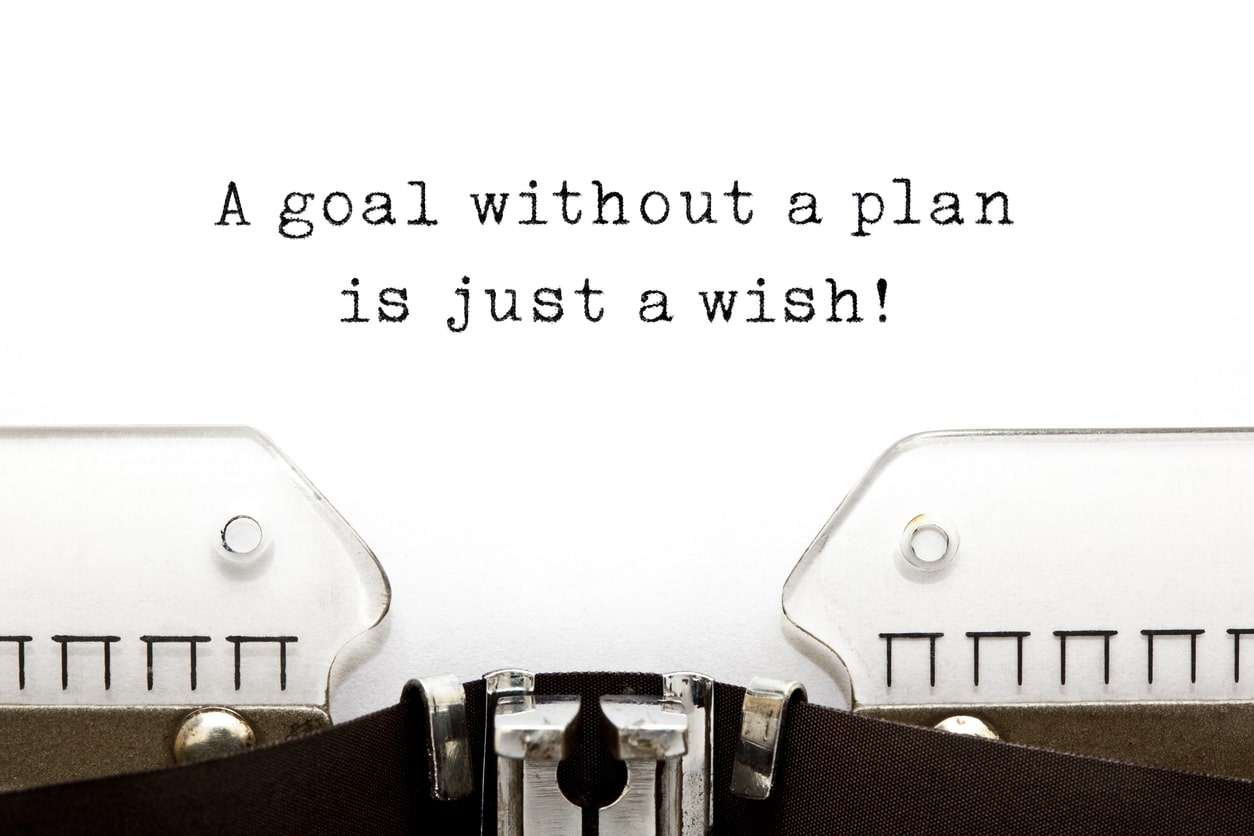It’s time to talk commitment, ladies: Commitment to yourself! Already February is sneaking by, so let’s check in with our new year’s resolutions.
Every New Year presents us with a fresh start to make the changes we know will improve our health and lives. Life-long habits are difficult to break, but you have the power to change them.
About 80% of New Year’s resolutions fail by March. It’s a depressing statistic, but it’s totally understandable. In the modern age, we are overworked and under-rested, and we have created ways of coping, i.e., our bad health habits, that have gotten us this far. The problem is not with us; it’s with our New Year’s goals. They are set up to fail. But don’t be disheartened – with a little adjustment, we can make them come back alive and thrive.
Revive your Resolve

Kelly McGonigal, health psychologist and author of The Willpower Instinct, explains that our brains toggle between two modes. One mode is focused on our values, long-term goals, and future outcomes. The other mode is focused on our immediate survival and short-term comfort. Willpower requires a dominant forward-looking or ‘expansive mode,’ but our ‘impulsive mode’ gains strength when we become tired or stressed. A resolution is far more likely to stick if we consider the limits of our expansive mode.
February may seem late in the day to save our New Year’s resolutions, but it’s the perfect time to revive them. We haven’t forgotten them entirely, and there are plenty of days left in the year to achieve them. Here is how.
Tweak a Vague Resolution to be Specific
‘Drink less’ and ‘exercise more’ sound good, but what does ‘less’ or ‘more’ actually mean? Unclear measurements in our resolutions result in on-the-spot judgments in practice. The busier we are, the more likely we are to err on the side of that nice bottle of wine instead of the glass.
Create a Time-based Plan
What will you do differently every day, week, or month? Make as many decisions as possible when creating your goal so that all you have to do is follow the plan day-to-day.
Make it Measurable and Track it.
![]()
Self-control requires self-awareness. Without awareness, we naturally revert to old habits. Design a plan that is quantifiable, write it down, and review it often. What constitutes a ‘healthier diet,’ and how will you know you have achieved it?
A daily habit tracker enables you to track the consistency of your new behaviors. They are great when your goal requires a lot of little steps each day, such as taking supplements, eating five vegetable portions, etc.
Habit trackers can be as low-tech or high-tech as you like. You can choose anything from a paper printout on your fridge to smartphone apps, some of which allow you to set alarm reminders when you are on the go.
Start with One Healthy Change
Stress is the number one threat to willpower, McGonigal states. Most of our vices give us comfort, which is likely why we haven’t quit them already. Resolving to ‘Stop drinking, stop eating sugar, and go to the gym every day’ will definitely make you healthier, but changing so many habits at once may also increase your stress levels and exhaust your self-control.
You wouldn’t run a marathon on your first day of training. Instead, strengthen your willpower muscle with one goal at a time and then move on to the next. Addiction specialist Sarah Bowen suggests willpower strength training called ‘surfing the urge.’
Work your Way Up

Ask yourself, ‘What is the smallest step I can take towards my goal?’ Allocate your time and effort to achieving that small step consistently over time. When we accomplish small steps, we build confidence in our ability to succeed.
Build-in Accountability
If you plan to eat healthier, create a food journal and hire a nutritionist or find a buddy to whom you report regularly. Find ways to hold yourself accountable (this bit is essential) without shame. Remember that we hold onto our vices is because they give us comfort. Smoking, drinking, and over-eating all serve to numb our emotional discomfort.
If we feel ashamed for cheating on our resolution, the need to numb that shame just increases our craving to indulge. Take a leaf from Buddhist mantras: if you fail, don’t judge yourself. Just get up, dust yourself off, and start again.
Learn and Adjust
Don’t judge yourself for indulging but do observe the reasons why. Motivation researcher, Gabrielle Oettinger, suggests W.O.O.P., an exercise that enables you to:
- Clarify your Wish
- Envision a successful Outcome
- Foresee possible Obstacles
- Plan ways to overcome them
For example, if you grab a cigarette whenever you need a break from work, plan a replacement action. Grab a bottle of Ginseng tea and go for a brisk walk or listen to a favorite podcast instead. Whenever I need a short distraction, I listen to one story from The Moth Radio Hour, a biographic (and brilliant) story-telling platform.
Celebrate your Accomplishments

Changing health habits is hard! So celebrate each step that you accomplish. Even five minutes of thoughtful appreciation for our accomplishments activates the reward center in our brains and releases the neurochemical dopamine. Dopamine not only makes us feel good but also reinforces our new behaviors and energizes our resolve. We ramp up dopamine release even more when we include rewards.
Rewards include encouraging self-talk, buying a favorite magazine, getting a weekly foot massage, or adding money to a vacation fund. In an attempt to stop smoking, one client calculated how much money it cost her to smoke per year and created a holiday budget. Each day, she put the $10 she saved on cigarettes in a jar labeled, ‘Trip to Thailand.’ Two years on, she’s still smoke-free and has some beautiful Thai beach memories to show for it.
Remember, YOU GOT THIS!
An abundance of studies have established that self-compassion, not self-criticism, leads to stronger willpower. Imagine that you are a very successful coach, and your only job is to support one client in accomplishing her resolutions. The best coaches provide structure and motivation, give constructive feedback, practice compassion, and instill confidence. What would you say to empower your client to reach her goal?
Setbacks are human and inevitable, so ramp up your self-encouragement. This is your year!
Read Next:
7 Things to Consider to Create Financial Resolutions You Can Keep
The What, How, and Why to Get Started With Your Fitness Resolution







